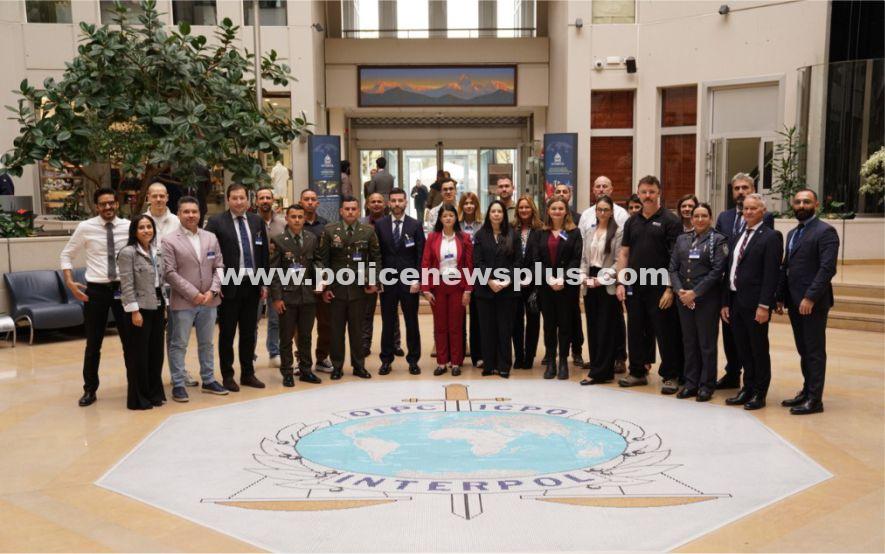France: INTERPOL and the Organization for Security and Co-operation in Europe (OSCE) have launched an innovative operation to address the growing trend of human trafficking facilitated through technology, including social media, apps, and digital platforms.
The initiative responds to an alarming rise in victims being trafficked from Latin America under false or misleading job offers. These individuals are transported to other countries, particularly in Europe, where they are exploited, often through forced prostitution.
This groundbreaking operation, conducted from November 19 to 22, 2024, was supported by INTERPOL’s expertise in human trafficking, facial recognition, cybercrime, and criminal analysis. During the action days, participating countries collaborated to scrutinize information from websites and messaging apps. Key results included: Identification of 68 potential victims, Detection of 146 suspected exploiters, recruiters, and facilitators, and Discovery of 365 usernames and 162 URLs linked to suspicious activities
Cyril Gout, INTERPOL’s Acting Executive Director of Police Services, emphasized:
“Technology is increasingly enabling all forms of organized crime, and human trafficking is no exception. This innovative operational week at INTERPOL’s headquarters successfully united officers from both ends of the trafficking flow between Latin America and Europe. Their dedication uncovered hundreds of cases and data points that will drive further investigations.”
In one case, collaboration between the Netherlands and Venezuela led to the identification of Venezuelan women advertised as escorts on European websites. Facial images were cross-checked with INTERPOL databases, resulting in a match to a Blue Notice, used to gather information on individuals with suspected links to criminal investigations.
Another finding revealed an influx of Brazilian women listed on adult service websites in Ireland. Police from Ireland and Brazil identified a suspected recruiter linked to organized crime. Similarly, the UK flagged a domestic services website closely tied to a page offering explicit content.
Spanish and Colombian officers worked together to investigate Colombian women recruited for escort work in Spain but coerced into prostitution. Victims were forced to repay debts of EUR 12,000 before being released.
Dutch police examined Telegram groups advertising sex workers and identified indicators of exploitation. They extracted images, usernames, and phone numbers, which were shared with participating officers, prompting additional investigations.
In Germany, officers identified a potentially underage victim advertised in Switzerland. Swiss authorities were notified via INTERPOL’s secure communication system to verify the victim’s age and pursue potential traffickers.
This first-of-its-kind operation generated valuable intelligence for launching new investigations and advancing ongoing cases. It also provided an opportunity for countries to share knowledge, develop detection strategies, and strengthen their ability to combat this complex crime.
The operation was led by INTERPOL with support from Europol, META, STOP THE TRAFFIK, the United Nations Office on Drugs and Crime (UNODC), and funding from Global Affairs Canada and the OSCE.
The participating countries included Brazil, Colombia, Dominican Republic, Germany, Ireland, Netherlands, Spain, United Kingdom, and Venezuela.










